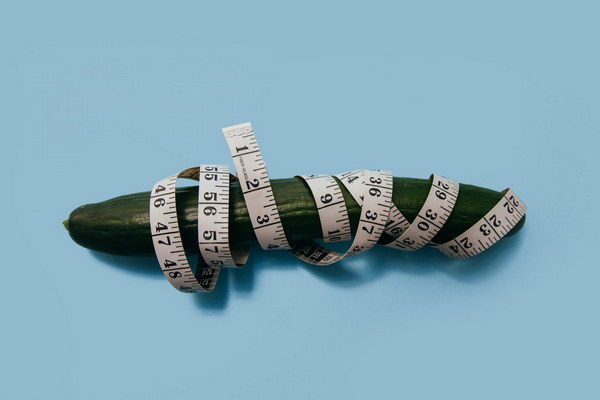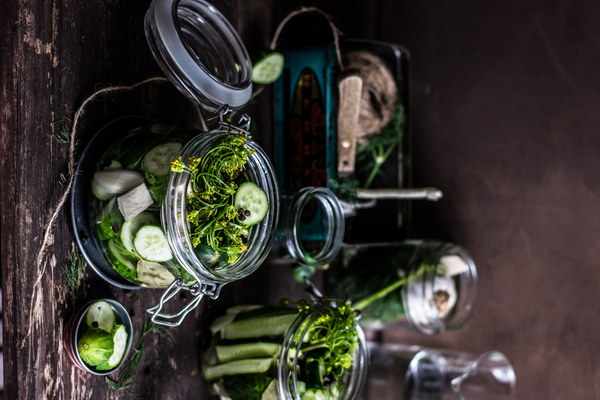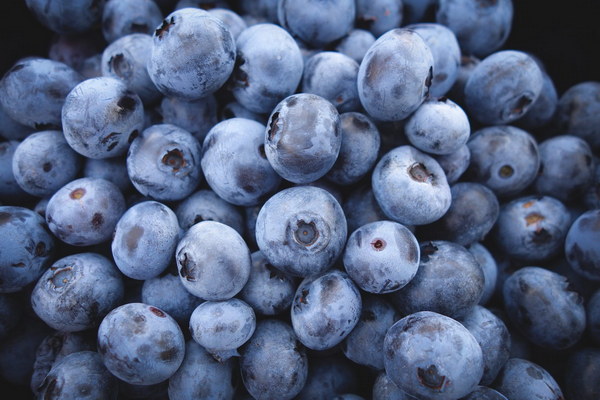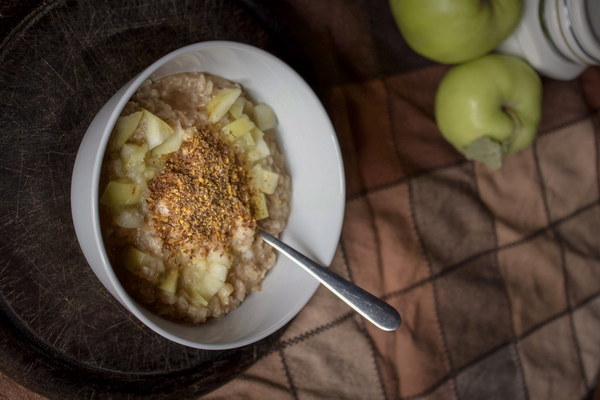Unleashing the Power of the Large Intestine Meridian A Holistic Approach to Moisture Elimination
In traditional Chinese medicine (TCM), the Large Intestine Meridian, also known as the Hand Yangming Meridian, plays a crucial role in maintaining the body's balance and health. This meridian is responsible for moisture regulation, making it an essential pathway for eliminating dampness, one of the primary causes of various diseases. In this article, we will explore the significance of the Hand Yangming Meridian in moisture elimination and discuss various TCM practices to harness its healing power.
The Large Intestine Meridian, as one of the twelve main meridians, runs from the tip of the middle finger to the inner corner of the eye. It is closely related to the function of the large intestine, which is responsible for absorbing water and nutrients from food, while eliminating waste. By maintaining the balance of moisture within the body, the Hand Yangming Meridian helps to prevent the accumulation of dampness, which can lead to various health issues.
Dampness in TCM refers to the excess moisture that can accumulate in the body, causing discomfort and disease. Excess dampness can lead to conditions such as edema, fatigue, joint pain, and even more severe health problems like diabetes and arthritis. By focusing on the Hand Yangming Meridian, TCM practitioners can effectively address dampness and restore balance to the body.
Here are some TCM practices that can help harness the power of the Hand Yangming Meridian for moisture elimination:
1. Acupuncture: Acupuncture involves inserting fine needles into specific points along the meridians. By targeting points along the Hand Yangming Meridian, practitioners can stimulate the flow of Qi (vital energy) and eliminate dampness. This treatment can provide relief from symptoms related to dampness, such as fatigue, joint pain, and edema.
2. Massage: Massage therapy can help improve blood circulation and stimulate the meridians, including the Hand Yangming Meridian. By applying pressure to specific points, massage can help eliminate dampness and reduce swelling. This method is often used in conjunction with other TCM treatments for enhanced effectiveness.

3. Herbs: TCM herbs can be used to eliminate dampness and support the function of the Hand Yangming Meridian. Commonly used herbs include Atractylodes macrocephala (Cang Zhu), Poria cocos (Fu Ling), and Alisma orientale (Ze Xie). These herbs can be taken in the form of tea, powder, or as part of a formula tailored to the individual's specific needs.
4. Diet: Diet plays an essential role in moisture elimination. TCM suggests avoiding foods that contribute to dampness, such as sugary, greasy, and cold foods. Instead, focus on a diet rich in warm, nourishing foods like soups, stews, and steamed vegetables. Incorporating ginger, turmeric, and garlic can also help in eliminating dampness.
5. Exercise: Regular exercise can promote the flow of Qi and help eliminate dampness. Activities that increase blood circulation, such as walking, jogging, or yoga, are particularly beneficial. By keeping the body active, you can help maintain the balance of moisture and support the function of the Hand Yangming Meridian.
In conclusion, the Hand Yangming Meridian is a vital component of TCM's approach to moisture elimination. By incorporating various TCM practices, such as acupuncture, massage, herbs, diet, and exercise, you can harness the power of this meridian to maintain a healthy, balanced body. Remember, seeking guidance from a qualified TCM practitioner is essential to tailor these treatments to your specific needs and achieve optimal results.









